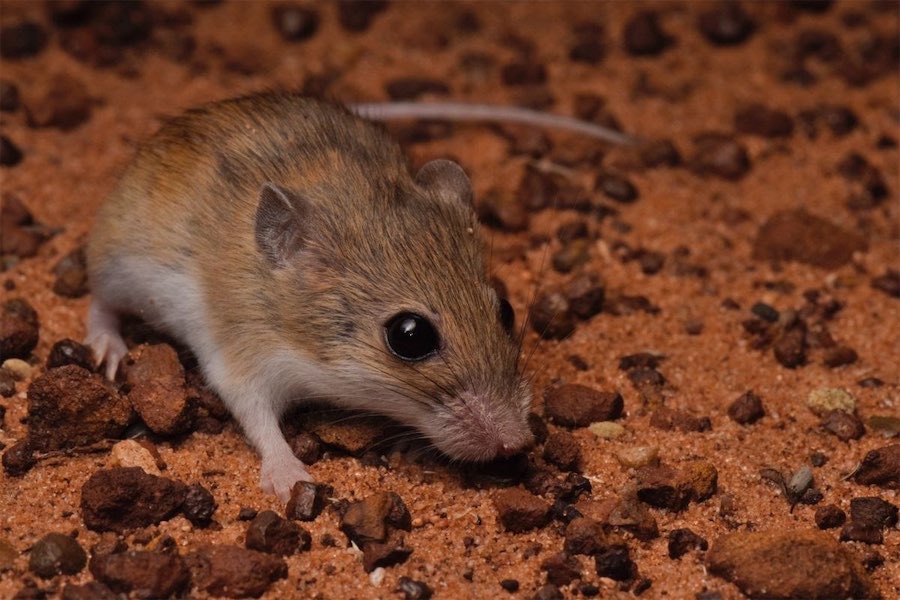
Australia can lay claim to two new species of native rodent.
The aptly named delicate mouse was previously thought to be a single species spanning a large stretch of the country from the Pilbara in WA, across parts of the NT and through Queensland down to the NSW border.
But researchers at ANU and CSIRO thought there might be more to the story.
According to lead author Dr Emily Roycroft, from ANU, there are three distinct species.
“Thanks to new genetic technology, we’ve confirmed the delicate mouse is three species, not one. Identifying undescribed species and giving them official names goes a long way to making sure they’re properly looked after,” she said.
While it might be difficult for the untrained eye to tell the species apart, the discovery is significant for the future of the tiny mouse.
“The two new species haven’t had any conservation or research attention, because we didn’t know they were there,” Dr Roycroft said.
“We don’t know, for example, if population declines have gone undetected as a result of all three species being assessed as a single unit.
“The delicate mouse has not been a conservation priority – but that’s because it was thought to have a distribution three times larger than it actually does. This will allow us to reassess.”
Dr Roycroft said the delicate mouse differs from the mice you might come across in your home or backyard in a few important ways.
“House mice, black rats and brown rats are invasive species brought to Australia since European colonisation. They’re very different to native rodents, both evolutionary and ecologically. They compete with our native species for resources,” she said.
“Delicate mice are part of a group of native rodents that have been evolving in Australia for the last five million years. They’re a crucial part of Australia’s natural environment and ecosystems.
“Delicate mice are our smallest Australian rodent. They can weigh as little as six grams, so they’re really tiny.”
The study also found delicate mice are excellent adaptors to their environment, whether that be arid desert or forest.
The three species will now go by common names that point to their location: the western delicate mouse or Pilbara delicate mouse, eastern delicate mouse and northern delicate mouse.
The study has been published in Molecular Ecology.
Who can be trusted?
In a world of spin and confusion, there’s never been a more important time to support independent journalism in Canberra.
If you trust our work online and want to enforce the power of independent voices, I invite you to make a small contribution.
Every dollar of support is invested back into our journalism to help keep citynews.com.au strong and free.
Thank you,
Ian Meikle, editor





Leave a Reply